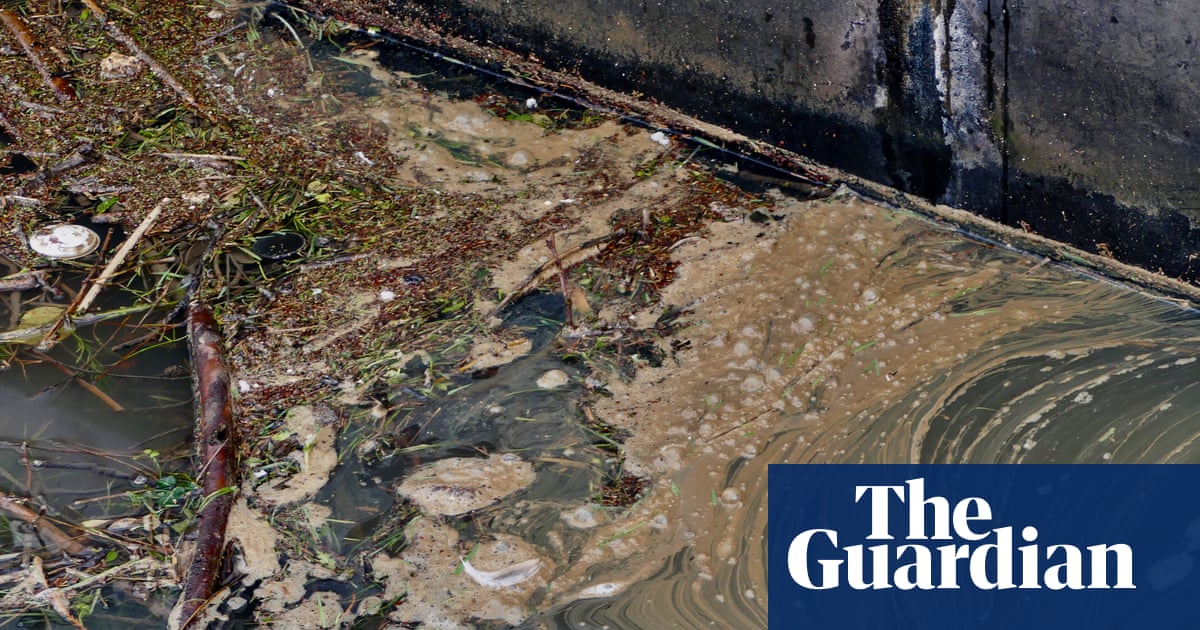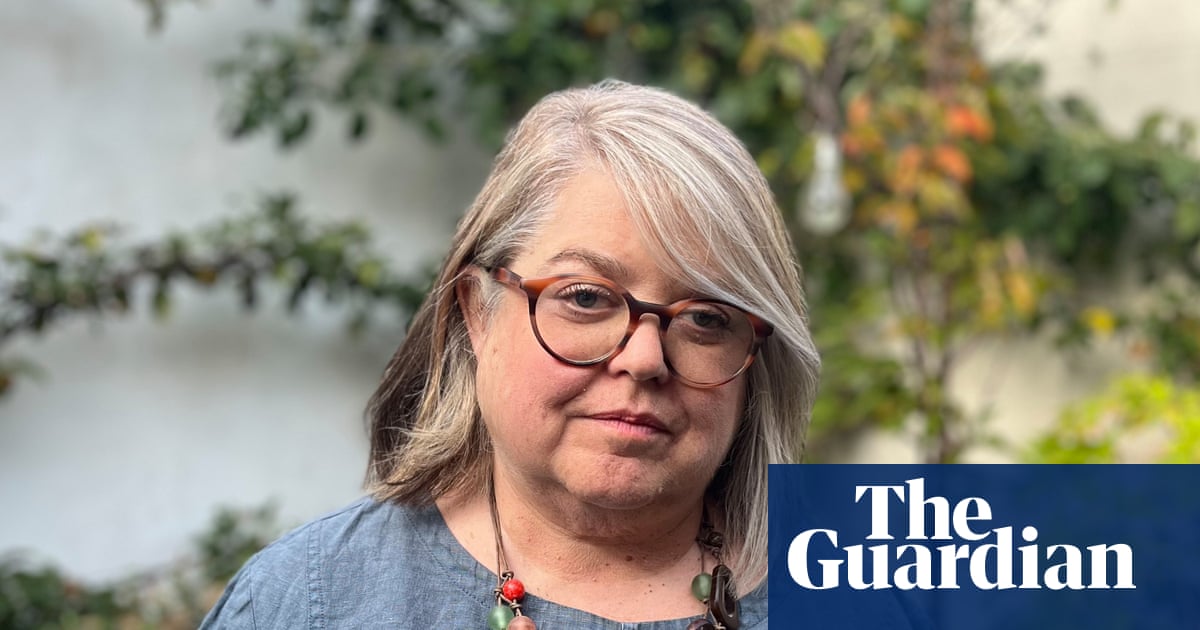Up to 90% of the ocean floor around Britain is covered with sand and gravel, derived from the erosion of shell and rocks. Other, more unusual habitats include maerl beds, seagrass meadows and kelp forests. These biodiverse landscapes are home to 330 species of fish, as well as seals, seahorses and thousands of lesser‑known species – which share them with the offshore energy, fishing and shipping industries.
Heightened awareness of pollution from sewage and plastics means that the public knows more about marine conservation than it used to. For his 99th birthday this year, the broadcaster and naturalist Sir David Attenborough made a film, Ocean, in which he described the seas as the planet’s “greatest life support system”, and urged people to get behind efforts to protect and renew marine nature.
But despite an energetic campaign against sewage discharges by water companies, an issue that featured in last year’s general election, and valiant local volunteer efforts such as the seahorse survey in Dorset’s Studland Bay, increased concern about the state of the seas has not delivered a robust, clearly understood national framework for underwater conservation. The government this week rejected a recommendation from parliament’s environmental audit committee that bottom-trawling by fishing boats should be banned in marine protected areas (MPAs). That was a mistake and a sign of how far there is still to go.
The EU aims to ban bottom-towed fishing gear in MPAs altogether by 2030. Sweden and Greece have already gone ahead. These weighted nets damage flora as well as scooping up fauna when dragged across the sea bed. Sir David has likened their use to “bulldozing a rainforest”. Currently, their use is only prohibited by the UK government – which shares responsibility for marine conservation with the devolved administrations – in three areas, including Allonby Bay off the coast of Cumbria. These were granted additional protections in 2023 and classified as “highly protected”.
Emma Reynolds, the environment secretary, has only been in the cabinet for a week. She should revisit the decision to let this destructive form of fishing continue in MPAs. But the challenge for the government goes wider too. Fragmented leadership, a weak planning framework, and a lack of capacity to engage stakeholders mean that marine conservation in the UK is nowhere near where it should be, given what we know about the importance of the oceans in countering global heating and wildlife loss.
Stronger governance and regulation of the marine landscape might sound dry and arcane. But the environment committee is right that one department should have overall responsibility for the tricky task of arbitrating between different interest groups – tourists, fishers, offshore wind. The current situation is chaotic and as Mike Cohen of the National Federation of Fishermen’s Organisations put it, “everybody cannot have everything”. Funding to an ecological monitoring scheme in Lyme Bay should be restored so that research there can continue.
While the goal of protecting 30% of UK waters by 2030 looks remote, marine areas are not the only ones where conservation efforts are faltering. New analysis by a wildlife charity suggests that a shrinking portion of England has effective protections in place. As the planning bill makes its way through parliament, nature protections should be strengthened. The new environment secretary must create some momentum around marine conservation too.
-
Do you have an opinion on the issues raised in this article? If you would like to submit a response of up to 300 words by email to be considered for publication in our letters section, please click here.

 1 month ago
55
1 month ago
55

















































